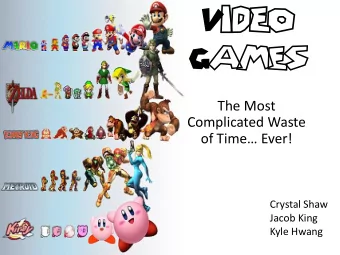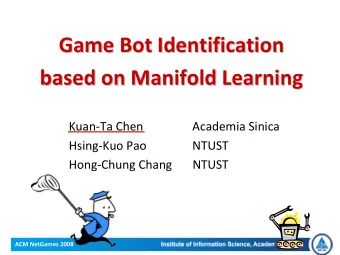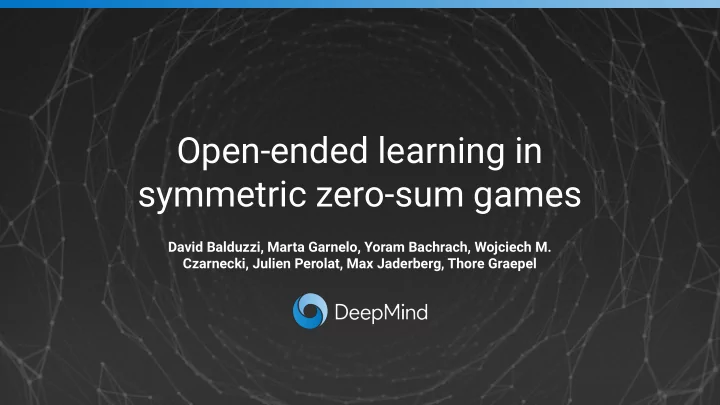
Open-ended learning in symmetric zero-sum games David Balduzzi, - PowerPoint PPT Presentation
Open-ended learning in symmetric zero-sum games David Balduzzi, Marta Garnelo, Yoram Bachrach, Wojciech M. Czarnecki, Julien Perolat, Max Jaderberg, Thore Graepel Long ago and far away (mid-1800s in Cambridge, England): First tutor: I'm
Open-ended learning in symmetric zero-sum games David Balduzzi, Marta Garnelo, Yoram Bachrach, Wojciech M. Czarnecki, Julien Perolat, Max Jaderberg, Thore Graepel
Long ago and far away (mid-1800s in Cambridge, England): First tutor: “I'm teaching the most brilliant boy in Britain” Second tutor: “Well, I'm teaching the best test-taker” Depending on the version of the story, the first boy was either Lord Kelvin or James Clerk Maxwell . The second boy indeed scored highest on the Mathematical Tripos, but is otherwise long forgotten.
Long ago and far away (mid-1800s in Cambridge, England): First tutor: “I'm teaching the most brilliant boy in Britain” Second tutor: “Well, I'm teaching the best test-taker” Depending on the version of the story, the first boy was either Lord Kelvin or James Clerk Maxwell . The second boy indeed scored highest on the Mathematical Tripos, but is otherwise long forgotten. Modern learning algorithms are outstanding test-takers But intelligence is about more than taking tests It’s also about formulating useful problems
Where do problems come from? Answer #1: Someone packages a dataset into a loss function e.g. ImageNet, CIFAR, MNIST, …
Where do problems come from? Answer #1: Someone packages a dataset into a loss function e.g. ImageNet, CIFAR, MNIST, … Answer #2: Someone builds a task (that is, an environment sprinkled with rewards) e.g. Arcade Learning Environment, DM-Lab, Open AI gym, …
Where do problems come from? Answer #3: Self-play in symmetric zero-sum games The agent is the task -- create an outer loop that bends deep RL on itself
(Naive) self-play is an open-ended learning algorithm It’s pretty amazing
(Naive) self-play is an open-ended learning algorithm but … there are really simple examples where it completely breaks down It’s not a general purpose learning algorithm, not even for zero-sum games
On the varieties of zero-sum games transitive: “relative skill cyclic: “every strategy determines who wins” has a counter-strategy”
Theorem: Any symmetric two-player zero-sum game decomposes into [ transitive ] + [ cyclic ] components transitive: skill determines outcome cyclic: every strategy has a counter-strategy
The paper: How to formulate useful objectives in non-transitive games New tools: ● Gamescapes (generalize landscapes, but represent many objectives) Population-level performance measures ● ● Population-level training algorithms
Recommend
More recommend
Explore More Topics
Stay informed with curated content and fresh updates.
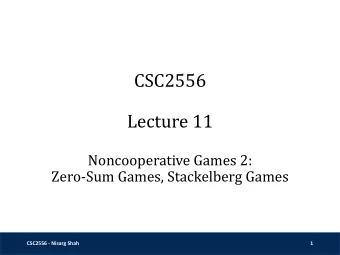
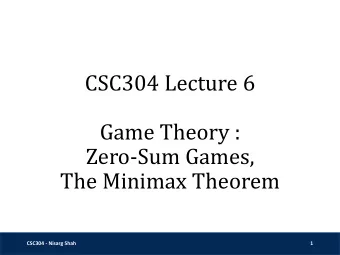
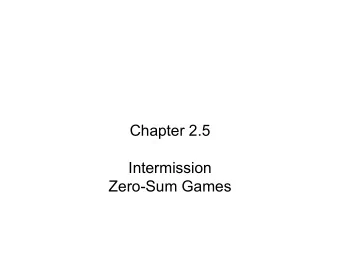
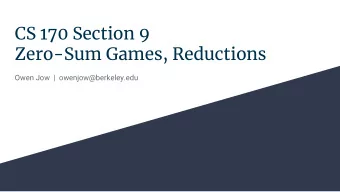
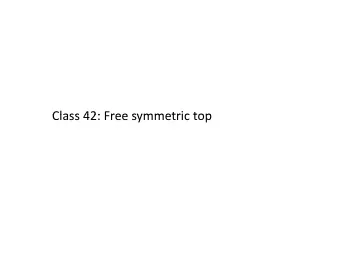

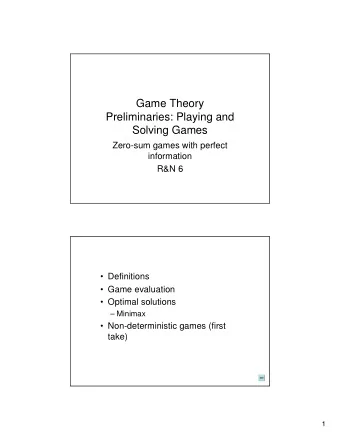
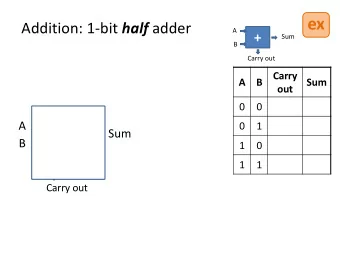
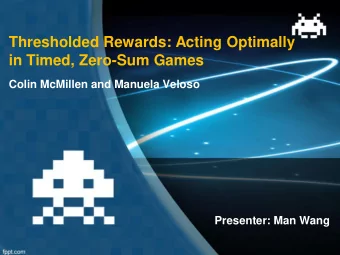

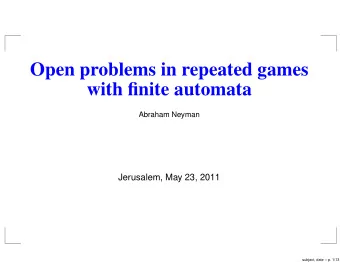
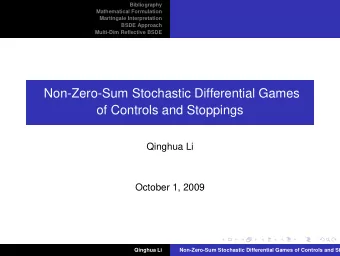
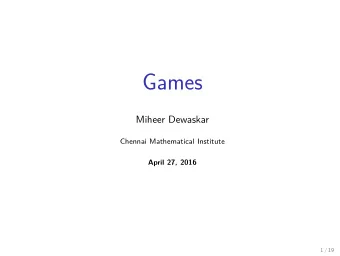

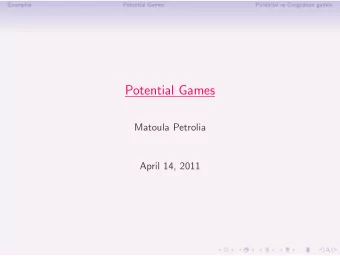
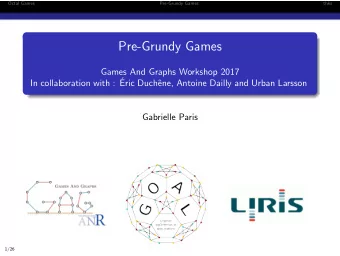

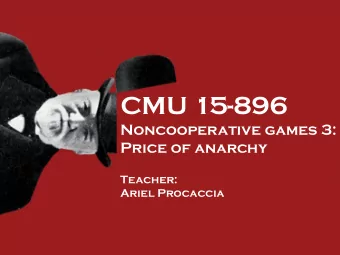

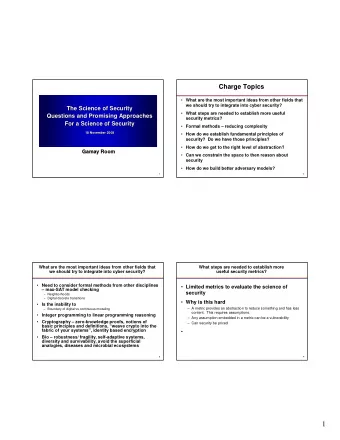
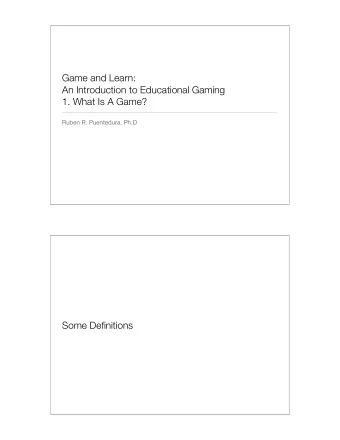
![Multiplayer Online Games Insecurity [Re]Vuln Luigi Auriemma & Donato Ferrante Who? Donato](https://c.sambuz.com/824315/multiplayer-online-games-s.webp)
